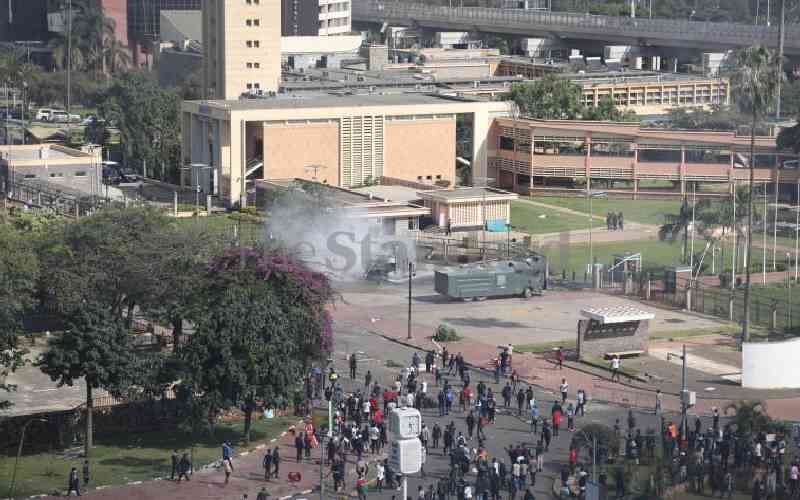×
The Standard e-Paper
Join Thousands Daily

It did not have to take needless killings of young Kenyans for reason to prevail. On this matter alone, President William Ruto failed the people he leads.
Indeed, extending an olive branch does not amount to an atonement, but it is a positive step towards healing a nation badly battered by poor governance.